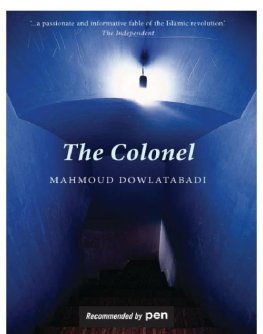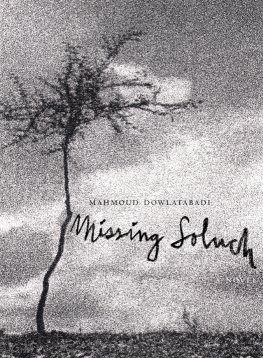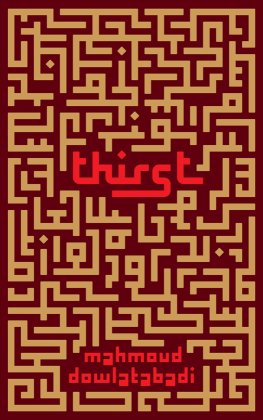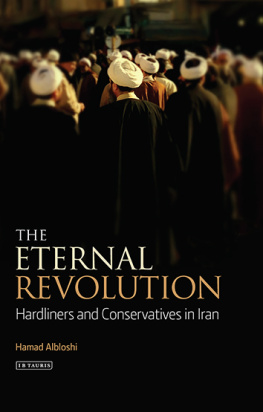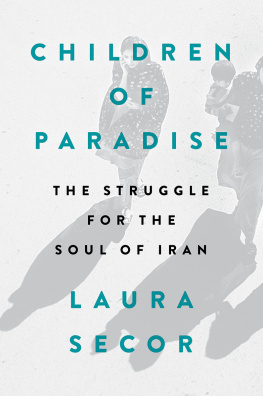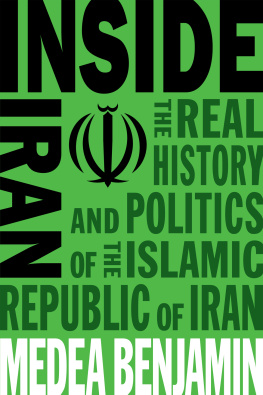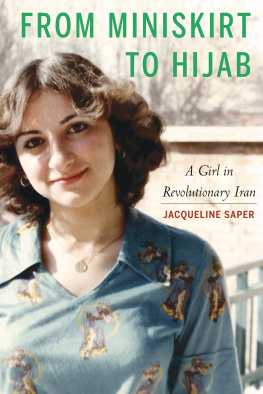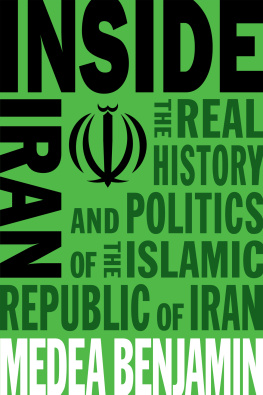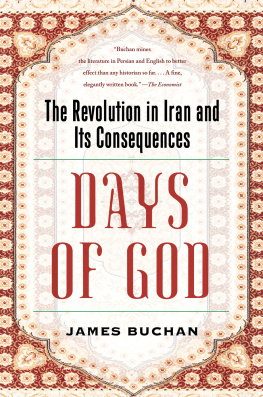Mahmoud Dowlatabadi
The Colonel
In the original Persian, the title of the book is Kolonel, from the French. There are two colonels confronting the reader in this book: the nameless colonel of the title and his alter ego in the photograph. Both are referred to as Kolonel. The Persian for colonel is sarhang, but there was one colonel who was always known as Kolonel. This was Mohammad-Taqi Khan Pesyan who, in recognition for his training in Europe, was given the nickname Kolonel. Any educated Iranian would know who this was. His story is in the Glossary. To help the reader distinguish between the two colonels, I have referred to Pesyan as The Colonel, while the protagonist remains in lower case.
Dowlatabadis language shatters the Persian literary conventions. It is rough and ready, the language of the street and the barrack room. Like the great 11th century Persian epic Shahnameh, it avoids the use of Arabic words imported into Persian. In an effort to reproduce this in English I have tried to use Anglo-Saxon words in preference to Latin.
Tom Patterdale
Id better put my cigarette out first
This was perhaps the twentieth butt that he had stubbed out since nightfall. He was feeling suffocated and he had smoked so much that he had lost all sense of taste. The cracked pane in front of him had steamed up. It was unusually quiet.
Every knock at the door broke the caressing silence of the rain. There was nothing but the sound of unremitting rain drumming on the rusty tin roof, so unceasing that it amounted to silence.
Only once in my lifetime do I remember seeing these roofs in the sunset. I remember it well
In the evening after the rain, just after sunset, the ochre of the rooftops glowed with melancholy beauty, in those days when the first grey hairs had started to appear on his temples. In those days he still walked upright, with his head held high, and he could feel the earth under his feet. He had not been old and worn out then, his cheeks had not yet sunk in and the worry lines had yet to furrow their way across his brow.
Now that these gentlemen have come I had better put out my cigarette first, then get up and throw my raincoat over my head. Then I can go to the door. Knock away, knock, keep on knocking, whoever you are! Its been years since Ive heard any good news and Im certainly not expecting any now, at this ungodly hour of the night. Lets see now, if this old clock is right, it must be about half past three in the morning, and just look at all the fog on that cracked old window Knock, knock, my friends. Knock hard enough to wake the dead in their graves. But I am not going to take a single step out into the yard before Ive put my raincoat over my head and my galoshes on my feet. You can see for yourselves that the rain is coming down in buckets. Besides, I need to switch on the outside light before I come downstairs. Do you want me to slip in the dark and put my shoulder out? Im coming. I just hope that Amirs basement light isnt on I must not get muddled. I must stay calm and try not to appear upset or frightened when I open the door. I absolutely must not bat an eyelid or let my mouth shake. But I cant stop my left eyelid twitching. As soon as I concentrate on anything, it starts fluttering. Its just this weary old left eye
Yes, yes, Im coming Just a minute
Why should he need to ask who it was, banging on his door at this ungodly hour? Its not that he didnt dare ask the question. No. It wasnt like that at all. It was just that he knew that, in the end, it made no difference. He knew full well that nobody knocked on a locked door in the middle of the night without a reason.
Theres no escape Take a deep breath And try not to think about the number of cigarettes I have smoked all day. Stay calm; dont do any of those stupid things I do when Im wrong-footed. I must be in full control of myself when I open the door. My puffing and wheezing might be seen as panic, so I just have to take a deep breath. Then, I shall open the door quite calmly.
colonel?
Yes, yes
Is that you, colonel?
Who else did you think it would be?
Well, why dont you open the door?
All right, all right, Ill open it. Im trying to find the key. Ah, Ive got it. Oh, no, thats the key to the safe. Ill have to go and look for the right one. Sorry, just give me a minute
Where could I have put it? On the ledge or on the table? I always keep the key in my pocket, because well, just in case. But I havent left the house since I got back this afternoon, so I didnt have to change out of any wet clothes. Unless I put the key with my prayer beads and lighter that German petrol lighter that doesnt work any more on the mantelpiece, next to the photo of The Colonel. Yes, thats it.
There it was, right beneath The Colonels shiny black field boots, next to the passport photo of Mohammad-Taqi, which he had had taken for his driving licence. He had placed the photo there two, maybe three, years ago, next to The Colonels shiny black boots so that he could get used to looking at his son.
Yes, I want to get used to seeing my sons pictures
In truth the colonel had made this decision for his own self-preservation. By positioning his sons photograph at eye level he would force himself to ride out the great wave of emotion that welled up from the depths of his heart to invade his mind. He believed that as long as Mohammad-Taqis photo was where he could see it, he wouldnt run the risk of forgetting the boy. He tried to persuade himself that by always facing his son, he was facing the barrage of emotion that wanted to destroy him. It was just like engage and confront in army exercises. Or like war. A decisive blow has to be delivered where the enemy least expects it. You can only parry an attack if you are prepared.
He had kept the full-length portrait of The Colonel before his eyes for half a century. He had also felt an urge yes, even a longing to push his wifes photograph into the left-hand corner of the frame, right beneath the point of The Colonels sabre, so that he could look at her as well. But I couldnt I still cant. But he had managed to position Parvanehs photo right beneath The Colonels boot. That was different. Three days and three nights after she had left the house and never returned, he had placed Parvanehs photo next to Mohammad-Taqi in the right-hand corner of the frame. For almost two months now, he had been trying to get used to seeing the little photo of his daughter and the one of Masoud, whom they called Little Kuchik at home: Ah yes, Kuchik. Maybe it was because of his bushy black eyebrows and low forehead that the children had nicknamed him Kuchik Jangali1
Ive got the key, Ive just found it. Ill open the door now. Ill be with you in a second. Come in. Good evening!
The pale reflection from the neon light in the shrine to the young martyr2 on the street corner opposite lit up the colonels face like a moonbeam and fell on the olive green parkas of his visitors. Merging with the drizzle, it formed a white mist, which glinted off the mens epaulettes and the peaks of their caps. From their silhouettes, the colonel could see that both men were young and carried rifles slung over their shoulders, which was probably why the colonel did not even hear himself wish them a good evening. He found himself doing it again. He gave himself up and waited for these two youths to say something, anything, and to do with him whatever they pleased.
They did not take long. One of them took a torch from a deep pocket in his parka and, even though he could see the colonels face perfectly well by the cold light from the shrine, he pointed the sharp beam at him, flashed it round the rain-soaked yard and, before it could reflect off the water in the pond, shone it down on the colonels wet galoshes and then switched it off, as if waiting for his companion to make a move.

